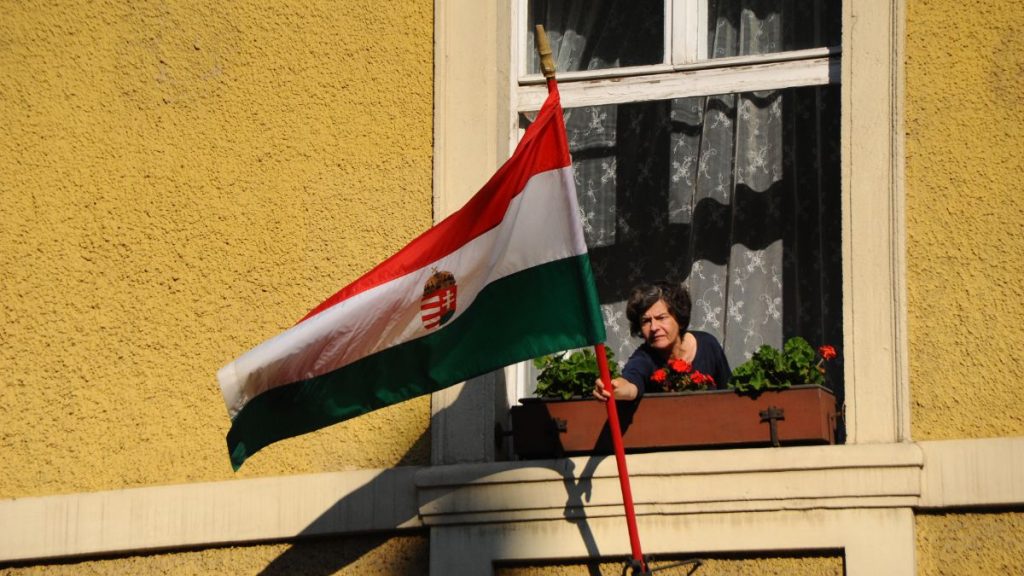Last updated on December 3rd, 2020 at 10:16 am
Selfish nationalists, enemies of solidarity, disruptors of European unity: in the last few days the rhetoric of the Left has filled the quiver with poisoned darts to be thrown at Poland and Hungary. The reason: These Visegrád Group countries vetoed the ratification of the Recovery Fund agreement. And therefore index pointing towards the two prime ministers, the Hungarian Viktor Orbán and Pole Mateusz Morawiecki, both described as ravenous enemies of the EU. But how are things really going?
The Polish-Hungarian “No”
Poland and Hungary have decided to play a note out of tune at European level because they are against the conditions for the payment of the funds in question linked to respect for the rule of law. If Orbán described this mechanism as “ideological blackmail” similar to those practiced by the Soviet Union, Zbigniew Ziobro, Polish Minister of Justice, spoke of “a plan to limit Polish sovereignty”.
Gender identity
And when countries like Poland and Hungary talk about sovereignty the reference is inevitably also to ethical issues. On 16 January, the European Parliament approved a resolution on the rule of law of the two member states, which stigmatizes the “serious violation” of Warsaw and Budapest “of the values on which the Union is founded”. In particular, as the Centro Studi Rosario Livatino points out, the resolution contains an annex relating to Hungarian Basic Law. which expresses ‘concern that the constitutional prohibition of discrimination does not explicitly include sexual orientation and gender identity among the grounds of discrimination and that its restrictive definition of family may give rise to discrimination because it does not cover certain types of family, including same-sex couples’. It is therefore Brussels that is asking Budapest for pro-LGBT+ policies as a necessary condition for membership of the Union.
The text
But Hungary does not intend to bow to this diktat. In fact, they are formally rejecting it. On 10 November the government presented a draft amendment to the Hungarian Constitution which reaffirms the biological nature of the parents – “the mother is a woman, the father a man”, it says – and “protects the right of children to identify themselves according to their gender”. Not only that. The text also deals with the subject of school, after the controversy over the past few weeks called for the hypothesis that the ideology gender would also land in the Hungarian classrooms. So the proposed constitutional amendment is to guarantee “an education according to the values based on the constitutional identity and Christian culture of our country”.
Gender Ideology in Hungary
That gender ideology does not enjoy a good reputation in Budapest is well known. In October 2018, the Hungarian parliament approved a decree ordering the discontinuation of academic courses focused on the study of “gender theory”. The government had explained the decision as follows: “Gender studies are an ideology, not a science. The Hungarian government is of the opinion that people are born men or women. We do not question everyone’s right to live as they see fit, but the state cannot allocate resources for the organisation of educational programmes based on theories with no scientific relevance.
It should also be remembered the proposed law which states that the gender of men and women should be defined as “biological sex based on primary sexual characteristics and chromosomes”. Therefore, Hungary wants to be able to continue to say that “the leaves in summer are green”, as the English writer G. K. Chesterton (1874-1936) used to say, and to some in Europe, this “claim” seems very bothersome.
